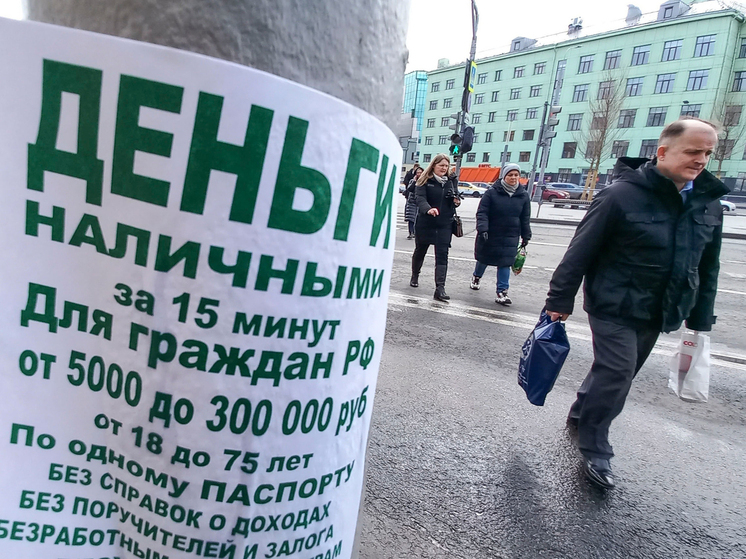Russians are massively restricting their access to credit: protection or an alarming symptom

More than 10 million people have used the self-ban option
More than 10 million Russians have issued a self-prohibition on receiving loans and credits in just two months since the launch of the relevant service. Such mass involvement shows a high level of anxiety among citizens in the context of digital vulnerability and the growth of fraudulent schemes. Experts believe that this tool is effective: it creates temporary protection, helps to avoid spontaneous decisions and does not allow a loan to be issued without a person’s knowledge. From September 1, it will also be possible to prohibit the registration of SIM cards. However, despite the effectiveness of the new measures, a key question remains: why is society forced to take on functions that the state system for protecting personal data should initially handle.

test banner under the title image
Just two months after the launch of the new option on Gosuslugi, it became known that more than 10 million people used the self-prohibition service for taking out loans. Such figures in themselves indicate a high need for additional methods of protection - not only from fraudsters, but also from one's own mistakes. According to experts, the mass use of this service reflects the general concern of citizens about the security of personal data and a growing mistrust of the digital environment. Polina Gusyatnikova, Senior Managing Partner of the law firm PG Partners, believes that the popularity of self-prohibition is explained by the fact that it not only creates a real obstacle for intruders, but also allows the person to exit the emergency response mode. Even if a person has succumbed to pressure, he has a pause - from several hours to a couple of days - to think things over, consult with loved ones or specialists. The lawyer emphasizes that this is one of the few tools that helps not only to cut off an attempt to take out a loan by fraudsters, but also to prevent accidental actions of the citizen himself.
From the point of view of technical implementation, the mechanism is quite reliable. As Elman Mekhtiev, founder of the credit history verification service Kredcheck, notes, information about self-prohibition is synchronized in four credit history bureaus at once, which significantly complicates bypassing the protection. At the same time, he draws attention to an important legal detail: formally, the law does not prohibit a bank from issuing a loan with a self-prohibition established - it only limits the possibility of collecting these funds. Nevertheless, such a "left" loan can be entered into the credit history and be listed as overdue for a long time, which can harm the citizen's reputation. Therefore, self-prohibition is not a reason to relax, but an additional level of protection that requires regular checking of the state of the credit history.
The high demand for the new service is also explained by the constantly evolving methods of fraudsters. Today, criminals increasingly convince citizens to take out a loan "at the request of the bank" and transfer funds "for security" to the fraudsters' account. People are put into a stressful state, an illusion of urgency is created, and psychological pressure is used. In such circumstances, the presence of a self-prohibition on a loan can become the last barrier between the victim and the lost money. Especially if the person has issued it in advance specifically in case of sudden decisions. Lawyers and analysts emphasize that most often, self-prohibition is set by people who have no debts and do not use loans at all - they just want to protect their identity from being used without their knowledge.
Starting in September, Russians will be able to impose a self-prohibition on the registration of SIM cards - through "Gosuslugi" or in the MFC. Experts call this a step in the right direction, because replacing a SIM card is one of the popular ways to seize access to banking applications. Elman Mekhtiev believes that the logic of such decisions is quite justified: if there is a centralized registry, then it can be used for self-defense - from real estate transactions to online payments and bets in bookmaker systems. Citizens receive simple, understandable and technically feasible mechanisms for limiting risks.
Interestingly, self-prohibitions are increasingly used not only to protect against fraudsters, but also for self-discipline. Some people limit themselves from ill-considered loans, some from gambling, and some even strive to minimize their digital footprint. Experts note that there is nothing strange about this: in conditions when most decisions are made in one click, a tool that creates a “cooling-off period” becomes an important element of self-government. If earlier society had to rely on external prohibitions, now everyone can introduce them for themselves. And this is perhaps the main cultural shift that is behind the rapid growth in the popularity of self-prohibitions.
mk.ru





